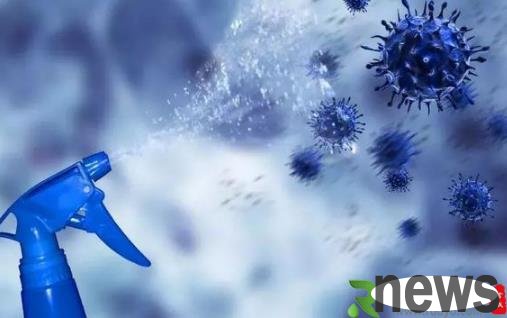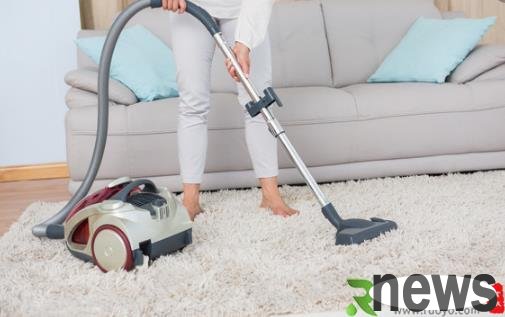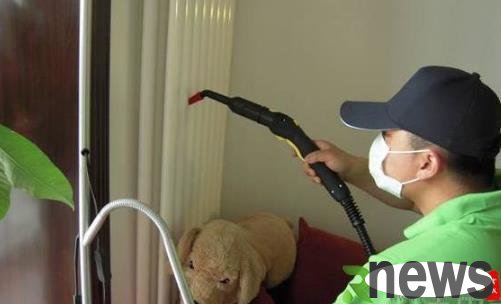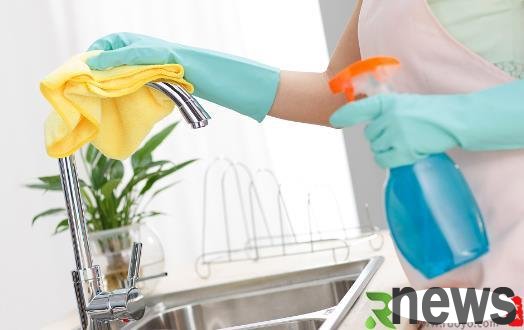Disinfectants are particularly necessary to clean some areas and items of life, so almost every family will have disinfectants. However, many people actually have misunderstandings about the use of disinfectants. How should disinfectants be used? Wh...
Disinfectants are particularly necessary to clean some areas and items of life, so almost every family will have disinfectants. However, many people actually have misunderstandings about the use of disinfectants. How should disinfectants be used? What are the misunderstandings that need to be avoided during use? Let’s take a closer look with the editor below.

Disinfectant People also often call disinfectants “ Chemical disinfectant ”
High-efficiency disinfectants can kill all bacterial propaganda (including mycobacterium), viruses, fungi and their spores, and also have a certain killing effect on bacterial spores, reaching high-level disinfection requirements, including chlorine-containing disinfectants, ozone, methylhydantoin compounds, double-stranded quaternary ammonium salts, etc. Medium-effect disinfectants can only kill mycobacterium, fungi, viruses, bacterial propaganda and other microorganisms, and meet the disinfection requirements, including iodine-containing disinfectants, alcohol-based disinfectants, phenolic disinfectants, etc.
Inefficient disinfectants can only kill bacterial propaganda and esterophilic viruses, and meet the disinfectant requirements, including quaternary ammonium salt disinfectants such as benzapine bromide, biguanide disinfectants such as chlorhexidine (chlorhexidine), metal ion disinfectants such as mercury, silver, and copper, and Chinese herbal disinfectants.

Definition of disinfectant
Disinfectant refers to a preparation used to kill pathogenic microorganisms on the transmission vector and make them harmless. It is different from antibiotics. Its main role in preventing diseases is to eliminate pathogenic microorganisms outside the human body, cut off the transmission route of infectious diseases, and achieve the purpose of controlling infectious diseases. People also often call disinfectants “ chemical disinfectants ”

Misconceptions in the use of disinfectants
Misconception 1: Disinfection means sterilization
“ Disinfection ” and “ Sterilization ” in life, the two words are often mixed, but in fact they have different meanings. Disinfection kills microorganisms, but cannot kill spores and other microorganisms that are still in the "dormant state"; sterilization kills all microorganisms, including spores. In other words, the requirements for sterilization are stricter than disinfection, and are usually used in the food industry and medicine fields, and are difficult to achieve in life. Therefore, only disinfection is required to reduce the number of pathogenic microorganisms to not cause human disease.
Misconception 2: The more concentrated the disinfectant, the better.
Disinants have certain toxic side effects. Too high concentrations will irritate people's mouth, respiratory tract, and lungs. Over time, it may cause damage to the organs and tissues, making them fragile and prone to infection. Therefore, the disinfectant should be appropriately diluted according to the instructions before using it.

Misconception 3: Washing underwear with disinfectant
Many people will soak and clean underwear with disinfectant, but in fact, soaking underwear with disinfectant not only will not completely effectively kill the harmful bacteria left on the underwear, but also may also cause chemical residues due to inadequate cleaning, which will cause various problems and diseases in private parts. Moreover, some powerful disinfectants are very irritating and are very likely to remain even after cleaning. There are also some disinfectants with parachloromethane as the main raw material. During use, due to their insoluble in water in the sterilization component, it is very easy to form phenol during use, which endangers health.
Misconception 4: Use disinfectants to clean every day
Unless it is clear that infectious diseases are prevented, generally speaking, there is no need to use disinfectants frequently, let alone use them every day.

Misconception 5: Spray disinfectant at home to keep the air fresh
If you want to keep the air fresh at home, the best way is not to disinfect and sterilize, but to open the windows to ventilate. After all, the home is not a hospital, and the amount of bacteria is limited. If disinfectant water vapor is stuck in the air, it will damage the respiratory tract after being inhaled by someone.
In addition, it should be noted that it is best to wear rubber gloves and masks during the use of disinfectants.